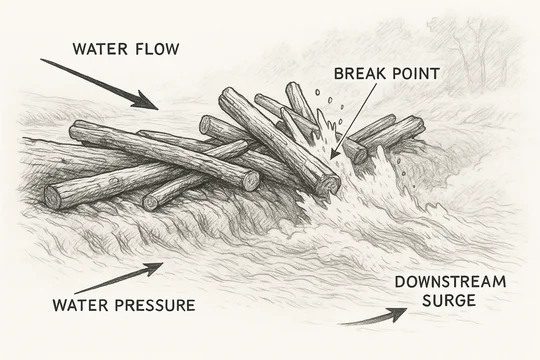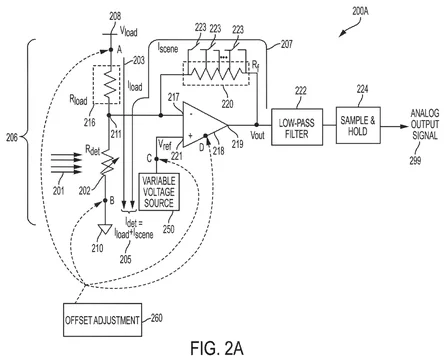
When you file a motion to dismiss in the District of Delaware, the case case go one of two ways, depending on the judge. Most of our current judges do not require discovery to move forward if a motion to dismiss is filed, at least absent action from the parties. Some District of Delaware judges, though, have required discovery to move forward pending a motion to dismiss. Former Chief Judge Stark made this explicit in his procedures, for example, and Judge Burke has also adopted this practice.
This seemingly minor difference in policy can make a huge difference in how a case proceeds. A complicated motion to dismiss can sometimes take a busy court anywhere from six months to a year or longer to resolve. If discovery is frozen for that time, it takes pressure off of the defendant and leaves the plaintiff in limbo. And, once the case re-starts, parties normally end up with a typical case schedule of around two years to trial, meaning that the total time to trial (including the motion) might be 2.5 years, 3 years, or longer.
That's why we try keep a close eye on what the judges' practices on this are. Whichever side you are on—plaintiff or defendant—this is something you'll need to account for.
On Monday, Judge Williams issued similar orders in at least 10 of his cases where there are motions to dismiss pending. The orders all require the discovery process to move forward pending a motion to dismiss:
ORAL ORDER: The Court is aware that a Motion to Dismiss has been filed and is pending in this action. Nonetheless, unless and until a Motion to Dismiss is granted, the case needs to move forward. THUS, IT IS HEREBY ORDERED that, by no later than November 28, 2025, the parties shall meet and confer and file a joint proposed Scheduling Order in this action consistent with the applicable form Scheduling Order of Judge Williams, which is posted at http://www/ded/uscourts.gov (See Chambers, Judge Williams, Forms), along with a cover letter requesting the Court to enter the joint proposed Scheduling Order (if there are no disputes or other issues concerning scheduling that the Court needs to address) or to schedule the Scheduling Conference. If there are disputes or other issues the Court needs to address in the joint proposed Scheduling Order, in the cover letter, the parties shall direct the Court to the paragraph numbers in the joint proposed Scheduling Order which those appear.
See, e.g., Fujirebio Diagnostics, Inc. v. Quanterix Corporation, C.A. No. 25-659-GBW, D.I. 30 (D. Del. Oct. 27, 2025).
Is this a permanent change in policy? We'll have to see. But, in cases before Judge Williams going forward, I think it's safe to assume that a motion to dismiss may not necessarily result in a free six-to-twelve-month stay of discovery.
If you enjoyed this post, consider subscribing to receive free e-mail updates about new posts.




